Emirati Beverages: Basic Overview
Common Ingredients
Common Preparing Methods
Drinking Etiquette
Influence and Fusion
Emirati Beverages: Origin and Region
Cuisine
Culinary Region
Country’s Region
Classifications of Emirati Beverages
-
Non-alcoholic Beverages
Emirati non-alcoholic beverages are characterized by rich, aromatic spices such as cardamom, saffron, and cinnamon, and they often incorporate dates and rose water.
These drinks are often served as a symbol of hospitality, with Arabic coffee and karak chai being particularly notable for their traditional preparation and significance in social gatherings
Emirati beverages are vital to the culinary traditions of the United Arab Emirates. These drinks blend traditional Bedouin flavors with influences from Persian, Indian, and East African cultures.
Most drinks in Emirati cuisine are non-alcoholic, often featuring ingredients like dates, spices, and herbs. Popular choices include Arabic coffee (Gahwa) and Karak tea, both staples in social settings, flavored with saffron and cardamom.
The methods of preparing these beverages often emphasize traditional techniques, such as slow brewing for teas and coffee, which enhance the deep, rich flavors.
Alcoholic drinks are restricted to licensed places due to Islamic law. However, in big cities like Dubai and Abu Dhabi, luxury hotels and restaurants offer international alcoholic drinks for expatriates and tourists.
This article focuses on 12 traditional, non-alcoholic drinks commonly enjoyed in the UAE, as alcoholic options are restricted. At the end, you can also see how these beverages complement various dishes.
Let’s start!
12 Best Emirati Beverages
Here are the 12 most well-liked beverages in UAE, ranging from coffee and tea to juice. Use the filter function to quickly find your preferred drink.
Gahwa
- Non-Alcoholic
- National
- Traditional
Gahwa, also known as Arabic coffee, is a beloved Emirati tradition. Brewed with lightly roasted coffee beans and spiced with cardamom, saffron, or cloves, it offers a rich, mildly bitter flavor with aromatic spice notes.
Gahwa is central to social gatherings and shows hospitality and generosity. It’s enjoyed throughout the day, particularly during breakfast or after meals.
During celebrations like Eid and Ramadan, Gahwa’s presence is essential, reflecting its cultural significance across the Arabian Peninsula and neighboring regions.
Karak Chai
- Non-Alcoholic
- Street Beverages
Karak chai, a staple in Emirati cuisine, is famed for its robust, spiced flavor. Made with black tea, sugar, and spices like cardamom and ginger, and enriched with evaporated milk, this tea is creamy, sweet, and aromatic.
Often enjoyed in the morning or afternoon, karak chai serves as a refreshing breakfast beverage or afternoon pick-me-up, especially comforting in cooler weather.
Popular throughout the UAE and the Gulf, variations like Zafrani Chai, which includes saffron, add a unique twist. Karak Chai’s popularity is evident in its presence in street-side tea shops and cafes.
Arabic Tea
- Non-Alcoholic
- Traditional
Shai, or Arabic tea, is a cherished part of Emirati tradition. This tea, brewed with black tea leaves and aromatic spices like cardamom, mint, and saffron, offers a refreshing and well-balanced blend of sweet and spicy flavors.
Shai’s light and smooth texture makes it perfect for any time of day, whether it’s breakfast, lunch, or dinner. It’s a must-have at social gatherings, often enjoyed with dates or light snacks.
Shai variations include adding spices like cinnamon or cloves, which can be sweetened with sugar or honey.
Laban
- Non-Alcoholic
- Traditional
Laban, also known as leben, is a traditional fermented milk drink of UAE made from yogurt, and boasts a tangy, salty flavor and a creamy texture. Its cooling effect is especially enjoyed, making it a go-to refreshment during the scorching summer months.
Laban is enjoyed by everyone, from kids to adults, and is often paired with meals, though it’s great any time of the day. During Ramadan, laban is especially favored for hydration and nourishment.
Available in supermarkets and restaurants across the UAE and the Middle East, laban comes in various forms, including convenient pre-packaged options.
Jellab
- Non-Alcoholic
- Traditional
Jellab, also known as jallab, is a sweet, traditional Emirati drink made from grape molasses, dates, and rose water, often garnished with pine nuts and golden raisins. The combination of sweet and floral flavors with a slightly syrupy texture makes it a delightful beverage.
Favored during the hot summer months and especially popular during Ramadan, Jellab helps keep people hydrated while fasting. It’s enjoyed across the Middle East in countries like Lebanon, Syria, and Jordan, making it a widespread favorite.
Lemon-Mint Juice
- Non-Alcoholic
- Street Beverages
Lemon-mint juice, or limonana, is a popular fusion drink in Emirati and Middle Eastern cuisine. This refreshing beverage blends the tartness of fresh lemon juice with the cooling essence of mint, resulting in a tangy, invigorating flavor.
Often served slushy with ice, it’s a staple during the hot summer months. Enjoyed in the UAE, Lebanon, and Israel, lemon-mint juice is commonly found at juice stands and cafes.
Camel Milk
- Non-Alcoholic
- Traditional
Camel milk, a traditional Emirati beverage, stands out for its unique, slightly salty taste and creamy texture. Rich in vitamins and minerals, it’s a popular health drink in the UAE and beyond.
You can enjoy it plain or flavored with saffron or cardamom. Variations like camel milkshakes and camel milk cappuccinos are common. Available year-round, it’s especially favored in the summer for its cooling properties.
Tamar Hindi
- Non-Alcoholic
- Traditional
Tamar hindi, or tamr hindi, is a tangy-sweet traditional drink made from tamarind paste, water, and sugar. Known for its thick and refreshing texture, it’s particularly enjoyed during Ramadan to break the fast at Iftar.
Popular in Egypt, Syria, and the Middle East, this beverage often features rose water or ginger juice variations for enhanced flavor. While it’s a summer favorite for its cooling properties, tamar hindi is enjoyed year-round and is a staple on festive occasions.
Amar al Din
- Non-Alcoholic
- Traditional
Amar al din, or qamar al-din, is a traditional Emirati beverage made from dried apricot paste, water, and sugar. It has a sweet, slightly tart flavor and a thick, smooth texture. This drink holds special significance during Ramadan, often served at Iftar to break the fast.
Popular throughout the Middle East, including Syria, Egypt, and Lebanon, Amar al Din is typically enjoyed cold. Variations may include orange blossom or rose water for added floral notes, and some garnish with pine nuts for texture.
Though primarily a Ramadan favorite, it’s also a refreshing summer treat.
Rose and Cardamom Milk
- Non-Alcoholic
- Traditional
Rose and cardamom milk blends whole milk with rose water and ground cardamom, creating a fragrant, creamy, and slightly sweet drink. Often garnished with crushed pistachios or rose petals, it can be served hot or cold, making it suitable year-round.
This versatile beverage is enjoyed at breakfast or as an evening treat and is often featured at special occasions and family gatherings. It’s popular in the UAE and appreciated in other Middle Eastern and South Asian regions.
Sahlab
- Non-Alcoholic
- Traditional
Sahlab, or salep, is a warm, creamy Emirati drink made from milk thickened with cornstarch or sahlab powder. With a delicate, floral taste often enhanced by rose or orange blossom water, it’s typically topped with cinnamon, pistachios, or coconut.
Perfect for winter, sahlab is a comforting beverage often enjoyed at breakfast or as a dessert. Though rooted in Emirati cuisine, it’s beloved across Turkey, Lebanon, and other Middle Eastern countries.
Variations include different nuts, spices, and fruits, making each cup rich and velvety, ideal for soothing a day of fasting during Ramadan.
Carob Juice
- Non-Alcoholic
- Traditional
Carob juice, or kharoub, is a traditional Emirati and Middle Eastern drink made by soaking dried carob pods in water, then boiling with sugar to create a thick, syrupy liquid. It has a rich, earthy flavor with subtle sweet notes and a smooth, thick texture.
Commonly enjoyed during Ramadan for Iftar, carob juice is also popular in Egypt, Lebanon, and Palestine. Served cold over ice, it’s a refreshing and hydrating choice for hot days.
Variations include adding lemon juice for acidity or garnishing with pine nuts for extra flavor and texture.
How Do Emirati Beverages and Dishes Complement Each Other?
Here are some traditional Emirati dishes and the beverages that pair well with them:
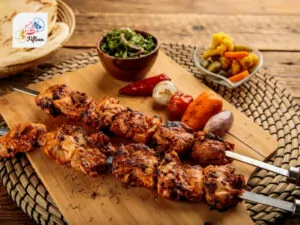
Grilled Dishes
Complemented by lemon mint juice and laban (buttermilk), these beverages enhance the smoky and savory flavors of Emirati grilled meats and seafood. Middle Eastern drink selections, especially drinks from Syria and Lebanon, inspire this pairing
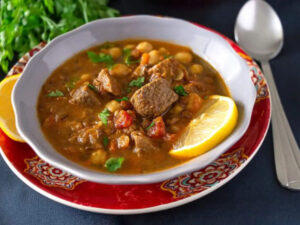
Stews
Usually paired with lemon mint juice and tamarind juice. These drinks are popular in the Gulf region and bring out the rich and aromatic spices in traditional Emirati dishes such as salona and margoogat.
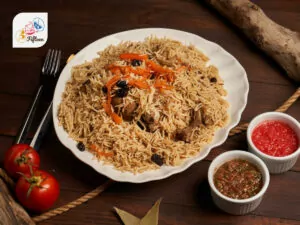
Rice Dishes
Best enjoyed with jallab (a rose and date syrup drink), yogurt-based drinks, and pomegranate juice, which balance the hearty and spiced nature of dishes like majboo and biryani. These options are also well-loved Persian drinks.
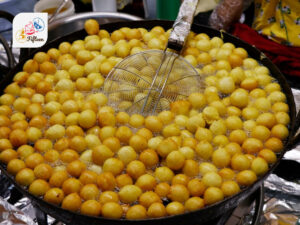
Desserts
Gahwa and Arabic tea, often infused with cardamom or mint, balance the rich desserts. Jallab and camel milk, popular drinks in Saudi Arabian and broader Middle Eastern cuisine, add a refreshing floral note.
These pairings enhance the flavors of the dishes of UAE and provide a refreshing balance to the rich and aromatic cuisine.
Excited to try Emirati beverages? Tell us which one you’re most eager to taste! Like, share, and explore more beverages from other areas worldwide on the website. Happy tasting!
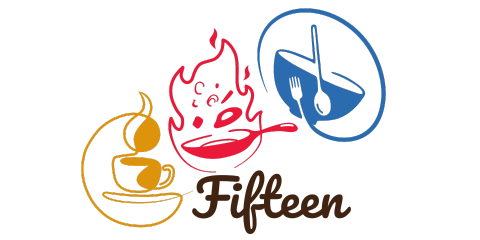

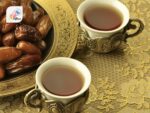
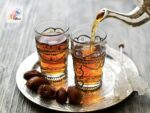
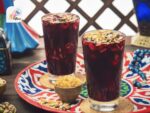
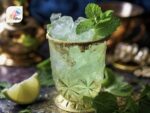
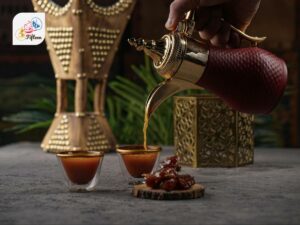
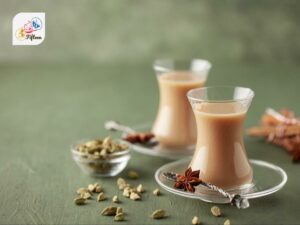
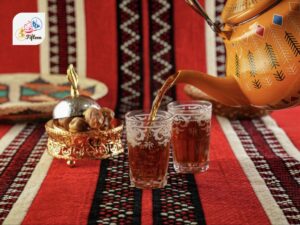
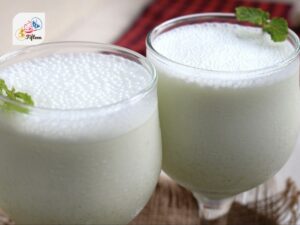
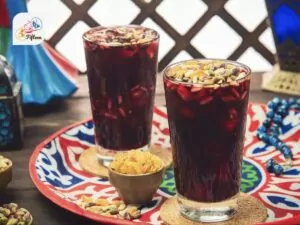
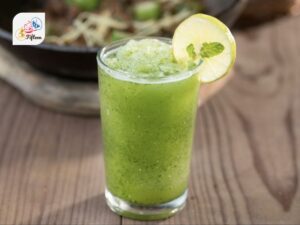
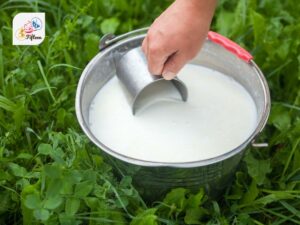
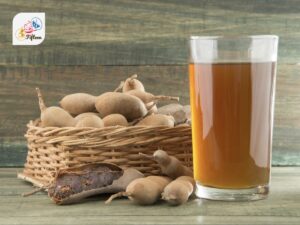
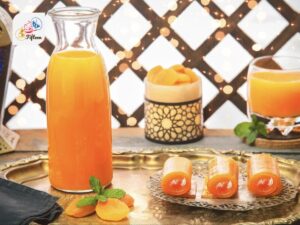
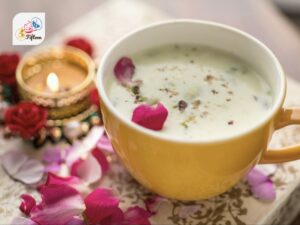
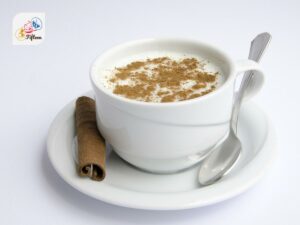
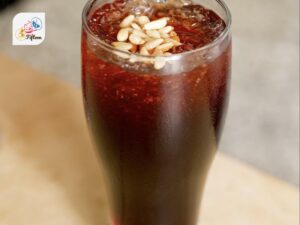
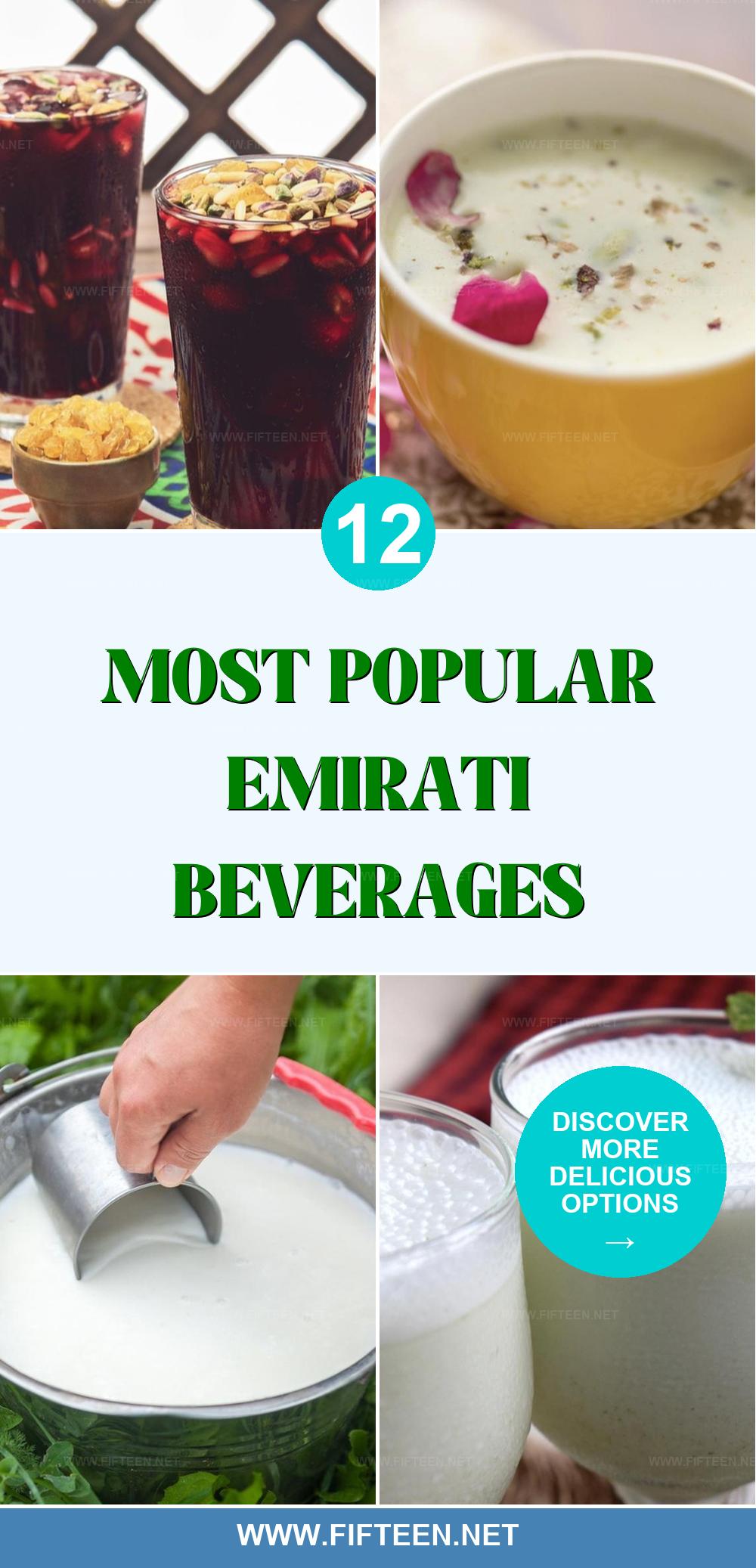
Jamie Scott
Editor in Chief, Senior Content Writer
Expertise
Home Cooking, Meal Planning, Recipe Development, Baking and Pastry, Food Editor, Cooking-video Maker, Western Food Evaluation Expert
Education
Le Cordon Bleu College of Culinary Arts
Local Community College, New York, NY
Jamie Scott is a skilled culinary expert and content creator specializing in Western cuisine. With over 15 years in the culinary field and formal training from Le Cordon Bleu, Paris, Jamie deeply understands how to blend nutrition with delicious flavors. His passion for cooking matches his commitment to making healthy eating accessible and enjoyable.
On Fifteen.net, Jamie brings a fresh perspective to classic dishes and beverages, offering readers insightful recipes, cooking tips, and a fresh view on meal planning that emphasizes taste, health, and simplicity.